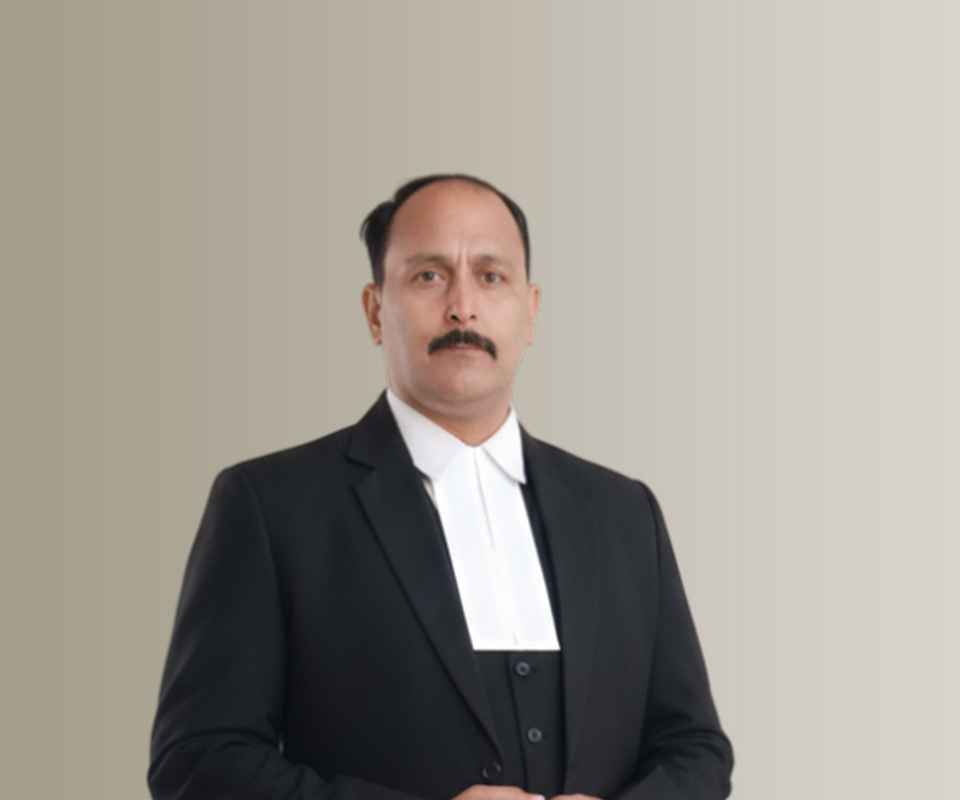Answer By law4u team
Bharatiya Nagarik Suraksha Sanhita, 2023 - Section 278: Acquittal or conviction
(1) If the Magistrate, upon taking the evidence referred to in section 277 and such further evidence, if any, as he may, of his own motion, cause to be produced, finds the accused not guilty, he shall record an order of acquittal.
(2) Where the Magistrate does not proceed in accordance with the provisions of section 364 or section 401, he shall, if he finds the accused guilty, pass sentence upon him according to law.
(3) A Magistrate may, under section 275 or section 278, convict the accused of any offence triable under this Chapter, which from the facts admitted or proved he appears to have committed, whatever may be the nature of the complaint or summons, if the Magistrate is satisfied that the accused would not be prejudiced thereby.
Brief Detail
Section 278 of the Bharatiya Nagarik Suraksha Sanhita, 2023, outlines the procedure for acquittal or conviction in cases where the Magistrate has taken evidence as per Section 277. If the Magistrate finds the accused not guilty, an order of acquittal will be recorded. If the accused is found guilty, the Magistrate will pass a sentence according to law. Additionally, the Magistrate may convict the accused for any offence under this chapter, even if the complaint or summons specifies something different, as long as it does not prejudice the accused.
Question & Answers
Q1: What happens if the Magistrate finds the accused not guilty?
A1: If the Magistrate finds the accused not guilty after taking the evidence, an order of acquittal will be recorded.
Q2: What is the procedure if the Magistrate finds the accused guilty?
A2: If the Magistrate finds the accused guilty, he will pass a sentence upon him according to law, unless he proceeds in accordance with the provisions of section 364 or section 401.
Q3: Can the Magistrate convict the accused of a different offence from the one stated in the complaint or summons?
A3: Yes, the Magistrate may convict the accused of any offence triable under the chapter, even if the complaint or summons mentions a different offence, as long as the Magistrate is satisfied that it would not prejudice the accused.
Q4: Under what circumstances can a Magistrate convict an accused of an offence other than the one mentioned in the summons or complaint?
A4: The Magistrate may convict the accused of a different offence if the facts admitted or proved show that the accused appears to have committed that offence and the Magistrate is satisfied that it would not prejudice the accused.
Example
Example 1:
A Magistrate hears evidence in a case and finds the accused not guilty. Based on the evidence presented, the Magistrate records an order of acquittal.
Example 2:
In another case, after hearing the evidence, the Magistrate finds the accused guilty of an offence that is different from the one stated in the summons. The Magistrate is satisfied that the accused would not be prejudiced by this and convicts the accused of the offence as per Section 278.
Summary
Section 278 of the Bharatiya Nagarik Suraksha Sanhita, 2023, sets out the procedure for acquittal or conviction by the Magistrate. If the accused is found not guilty, the Magistrate will record an order of acquittal. If the accused is found guilty, the Magistrate will pass a sentence according to law. The Magistrate also has the authority to convict the accused for any offence that is triable under the chapter, even if it differs from the offence mentioned in the complaint or summons, as long as the accused is not prejudiced.







